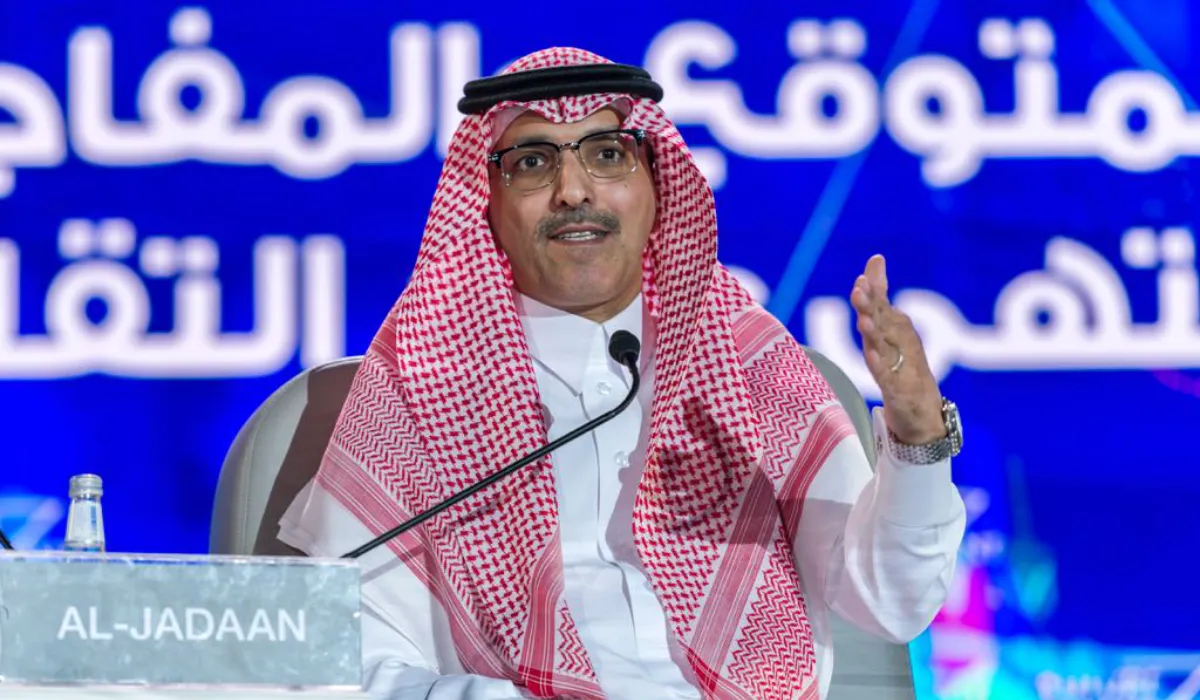The IMF has been thrust into the spotlight in recent years as a major actor within the global climate response. As the premier multilateral institution charged with ensuring the stability of the international monetary system, it has in recent years re-interpreted its mandate to include macro-critical issues such as climate change. In 2019, IMF Managing Director, Kristalina Georgieva acknowledged the centrality of climate change to the IMF’s work, stating “… no institution, no individual can step from the responsibility to act. For the IMF, we always look at risks. And this is now a category of risk that absolutely has to be front and centre in our work.”
Since then, the IMF has worked hard to integrate climate change into its policy support, capacity developing and lending activities. A new trust (the RST) has been created to give more affordable finance to low income countries responding to climate shocks, it has integrated climate into its policy advice and surveillance activities, and it is supporting the rechannelling of dormant SDRs (an international reserve asset) to countries who need them most, in-turn giving countries more liquidity to respond to climate change. It is also actively imposing mitigation conditions on borrower countries. For example, terms of the recent loan from its RST to Barbados included Cabinet approval of an Energy Efficiency policy, and lower import taxes for electric vehicles.
The new found vision stands in opposition to the macro-economic worldview of the newly appointed chair of the IMF’s International Monetary and Financial Committee (IMFC), Saudi Arabian Finance Minister, Mohammed Aljadaan. This important committee, composed of finance ministers and central bank governors, is the primary policy advisory body to the IMF Board of Governors, giving guidance on how the international monetary and financial system should be managed. According to the IMF, it “deliberates on the principal policy issues facing the [institution]” and the direction of its work. A particular focus is on how to respond to events that may disrupt the system, climate change being key amongst them.
In a speech to the IMFC in April last year Aljadaan stated “[w]hile the analytical work on energy security and climate mitigation is welcome, the motives of the [IMF’s] analysis should be reviewed to align recommended climate policies with the Paris Agreement. Recommendations on energy security should be carefully designed to be commensurate with the reality of the energy market and the economic conditions. Policy advice should therefore focus on targeting emissions reduction rather than recommending the phasing out of conventional sources of energy.” Aljadaan believes that a fossil fuel phase out will not reinforce energy security, but will only destabilise energy markets. Instead, he believes the IMF should be focused only on the exchange of international goods and services, implying that there are more benefits to be gained from trading in fossil fuels than any other benefits decarbonisation would offer the global economy. He also believes that the focus should be on the world’s largest and oldest “emitters”, and the equity of their contribution, hinting that countries like Saudi Arabia that provide the fuel but don’t necessarily conduct most of the emitting activities, should fall out of the spotlight. This aligns with Saudi Arabia’s long standing position in the negotiations that the world should be devoting attention to “emissions reduction”, including activities like carbon capture and storage, as opposed to fossil fuel reductions in the production and supply chains.
The views of Aljadaan, who also serves on the Ministerial Council of the OPEC Fund for International Development, are unsurprising given the country’s long standing position on climate change solutions. However, his appointment as an IMFC chair raises some interesting quandaries. How will the committee continue to support the fund’s climate focus? It has 24 members who operate by consensus, without having formal votes. It issues communiques that set out its views every six months ahead of the IMF’s Annual or Spring Meetings. The committee is due to meet again this month on 17 April to set out such a position statement, now with Aljadaan at its helm.
Following the unfortunate climate remarks by former World Bank President David Malpass, it is never a good thing to have institutional or committee heads that are climate denialists or actively work against a climate reform agenda. It only complicates and undermines the effective functioning of these bodies in progressing their climate mandates.
How Aljadaan will give effect to his role will be tested this month. Key issues on the table at the IMF Spring meetings include the rechannelling of SDRs, something African countries have long been calling for, and enhancing its low income lending through its dedicated trusts. Both of these considerations have strong climate change implications. The Committee has very lightly touched on some of these issues before, for example in last year’s statement, it focused its attention on debt vulnerabilities, mainstreaming climate change into the Fund’s mandate and the reallocation of IMF quota shares. What it did not do, however, was talk about decarbonisation outright and the IMF’s role in this process. Will Aljadaan intervene and change this? We know that decarbonisation is increasingly featured in the IMF’s analytic and policy support work for example on carbon pricing, and directly so in some of its loan conditions. Given its centrality to macro-economic policy and fiscal stability the Committee needs to deal with the issue head on at some point. But it’s questionable whether having Aljadaan as its Chair will enable it effectively to do so.






